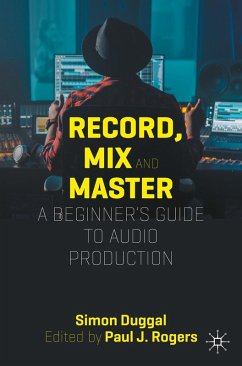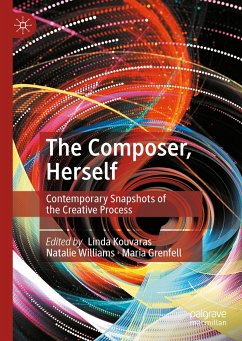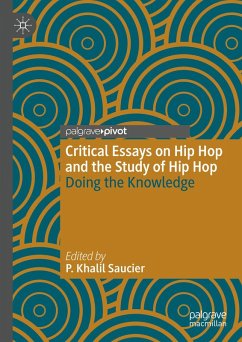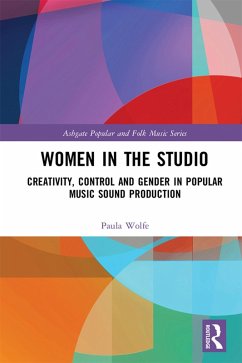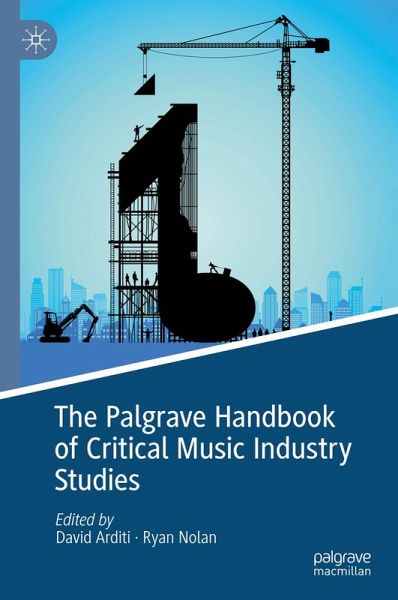
The Palgrave Handbook of Critical Music Industry Studies (eBook, PDF)
Versandkostenfrei!
Sofort per Download lieferbar
224,95 €
inkl. MwSt.
Weitere Ausgaben:

PAYBACK Punkte
112 °P sammeln!
The Handbook of Critical Music Industry Studies provides students and researchers with the means to think about how the performance, recording, and publishing of music could be if we do things differently. People are hungry for a more equitable music performance and recording system. The industry exudes patriarchy, white supremacy, cultural imperialism, ableism, and worker exploitation. In the context of gendered (e.g., #MeToo and #TimesUp) and racialized (e.g., Black Lives Matter) inequity, rampant precarity and casualization, and modes of musical dissemination that are changing faster than p...
The Handbook of Critical Music Industry Studies provides students and researchers with the means to think about how the performance, recording, and publishing of music could be if we do things differently. People are hungry for a more equitable music performance and recording system. The industry exudes patriarchy, white supremacy, cultural imperialism, ableism, and worker exploitation. In the context of gendered (e.g., #MeToo and #TimesUp) and racialized (e.g., Black Lives Matter) inequity, rampant precarity and casualization, and modes of musical dissemination that are changing faster than policymakers and regulatory bodies can keep up with, the timing for assembling such an interdisciplinary collection could not be more appropriate. Essays in this handbook will tackle power structures at root in the music industry and the academic study of the field. Topics covered include the politics of representation and power in the global music industries, the labor of music, music as media (including data and algorithmic culture), and copyright/intellectual property, among others.
Chapter 35 is available open access under a Creative Commons Attribution 4.0 International License via link.springer.com.
Chapter 35 is available open access under a Creative Commons Attribution 4.0 International License via link.springer.com.
Dieser Download kann aus rechtlichen Gründen nur mit Rechnungsadresse in A, B, BG, CY, CZ, D, DK, EW, E, FIN, F, GR, HR, H, IRL, I, LT, L, LR, M, NL, PL, P, R, S, SLO, SK ausgeliefert werden.



